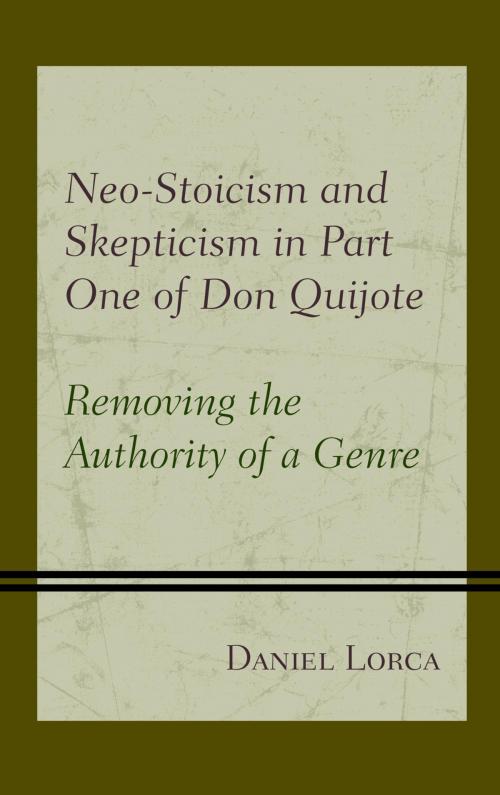Neo-Stoicism and Skepticism in Part One of Don Quijote
Removing the Authority of a Genre
Fiction & Literature, Literary Theory & Criticism, European, Spanish & Portuguese| Author: | Daniel Lorca | ISBN: | 9781498522663 |
| Publisher: | Lexington Books | Publication: | July 15, 2016 |
| Imprint: | Lexington Books | Language: | English |
| Author: | Daniel Lorca |
| ISBN: | 9781498522663 |
| Publisher: | Lexington Books |
| Publication: | July 15, 2016 |
| Imprint: | Lexington Books |
| Language: | English |
This book explains how Cervantes took advantage of neo-stoicism and skepticism to remove the authority of the romances of chivalry, which was a popular genre during his time. It also explains why his strategy, which would have been instantly recognizable during the period, is no longer effective: our current moral systems are significantly different from the moral systems that were influential during Cervantes’s time, and consequently, what used to be self-evident is no longer the case. Therefore, this book may be useful to the literary critic interested in the philosophical foundations of Don Quijote, to the moral philosopher interested in the differences between pre-enlightenment virtue-ethics and current moral systems, and also in the field of the history of ideas. Don Quijote offers a unique opportunity to observe changes in moral thinking throughout time because it is a universal book, discussed extensively throughout out the centuries, and therefore the on-going discussion offers strong evidence to discover how morality has changed, and continues to change, through time.
This book explains how Cervantes took advantage of neo-stoicism and skepticism to remove the authority of the romances of chivalry, which was a popular genre during his time. It also explains why his strategy, which would have been instantly recognizable during the period, is no longer effective: our current moral systems are significantly different from the moral systems that were influential during Cervantes’s time, and consequently, what used to be self-evident is no longer the case. Therefore, this book may be useful to the literary critic interested in the philosophical foundations of Don Quijote, to the moral philosopher interested in the differences between pre-enlightenment virtue-ethics and current moral systems, and also in the field of the history of ideas. Don Quijote offers a unique opportunity to observe changes in moral thinking throughout time because it is a universal book, discussed extensively throughout out the centuries, and therefore the on-going discussion offers strong evidence to discover how morality has changed, and continues to change, through time.















